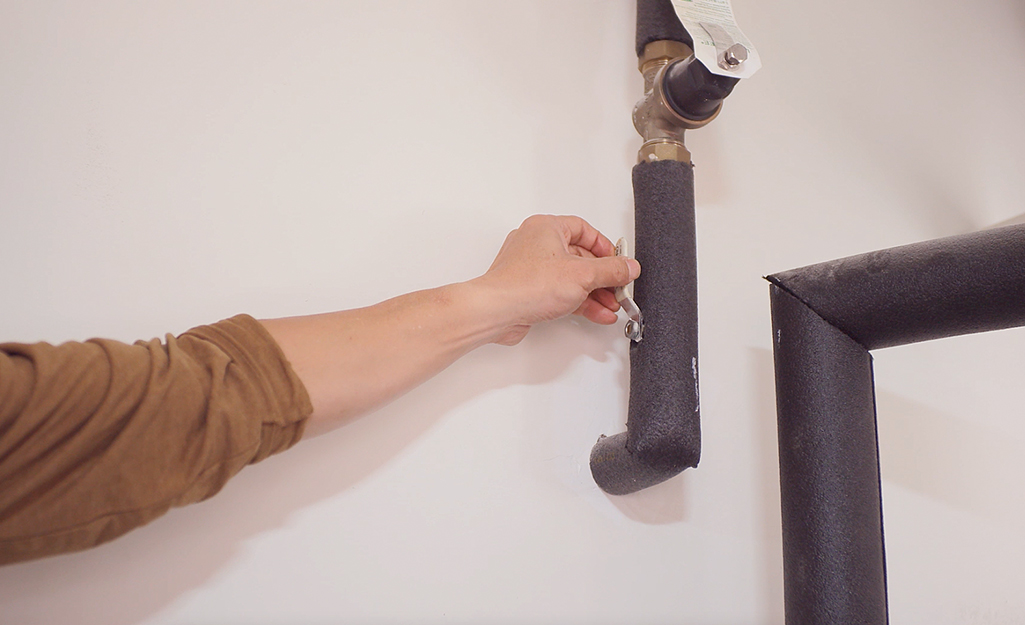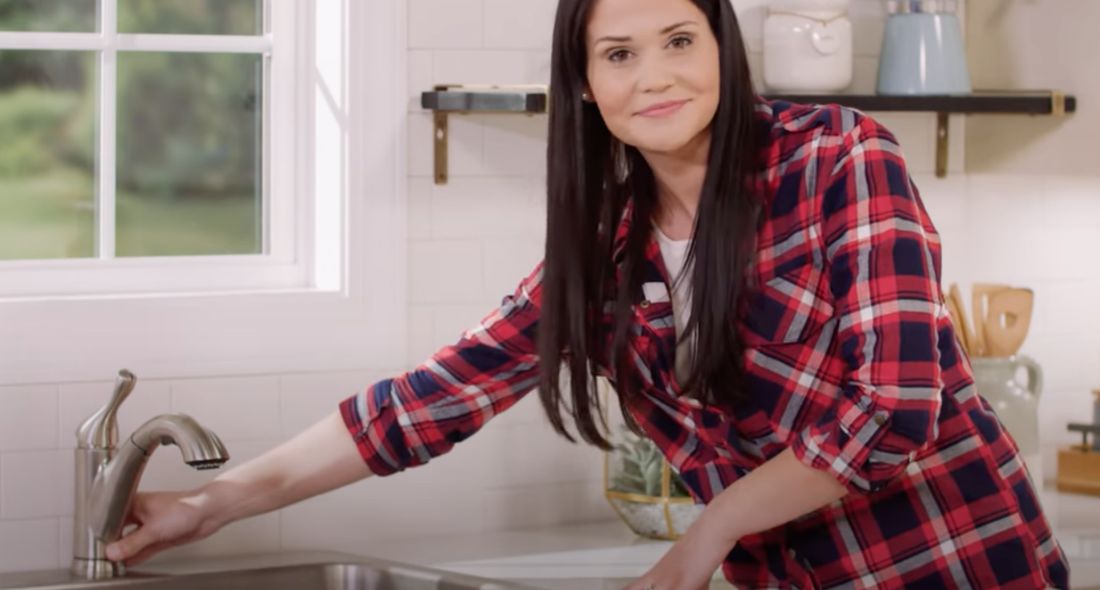When It's Critical to Fix a Broken Faucet
When It's Critical to Fix a Broken Faucet
Blog Article
They are making a few good annotation regarding Why It's Important to Fix Leaky Faucets as a whole in the article underneath.

Leaking faucets could appear like a minor inconvenience, yet their effect goes beyond just the annoyance of the sound. From drainage to incurring unneeded economic expenses and health dangers, overlooking a dripping tap can result in numerous effects. In this post, we'll delve into why it's important to resolve this usual household problem promptly and successfully.
Wastefulness of Water
Environmental Effect
Trickling taps add considerably to water waste. According to the Environmental Protection Agency (EPA), a single faucet leaking at one drip per secondly can squander greater than 3,000 gallons of water per year. This not only stress water resources however likewise impacts ecological communities and wildlife dependent on them.
Step-by-Step Guide to Fixing a Dripping Faucet
Tools Required
Prior to attempting to deal with a dripping faucet, collect the necessary tools, including an adjustable wrench, screwdrivers, substitute components (such as washing machines or cartridges), and plumber's tape.
Usual Tap Issues and Their Solutions
Recognize the type of tap and the specific concern creating the drip. Typical problems include worn-out washing machines, rusty valve seats, or damaged O-rings. Refer to producer instructions or on-line tutorials for step-by-step guidance on repair services.
Financial Costs
Enhanced Water Expenses
Beyond the environmental effect, leaking taps can blow up water costs considerably. The accumulated wastage in time equates into higher utility expenses, which could have been avoided with timely repairs.
Potential Home Damage
Furthermore, prolonged dripping can lead to harm to components and surfaces surrounding the faucet. Water accumulation can create discoloration, rust, and even structural issues if left neglected, causing extra repair service costs.
Wellness Problems
Mold and Mold Development
The consistent existence of wetness from a leaking tap creates an excellent environment for mold and mold growth. These fungi not only jeopardize interior air top quality but likewise position health risks, particularly for people with breathing problems or allergic reactions.
Waterborne Diseases
Stationary water in leaking faucets can come to be a breeding ground for microorganisms and other pathogens, boosting the risk of waterborne conditions. Pollutants such as Legionella bacteria prosper in stagnant water, possibly resulting in significant health problems when ingested or inhaled.
Do it yourself vs. Expert Repair service
Advantages and disadvantages of DIY Repair Service
While some may try to deal with a leaking tap themselves, DIY repair services come with their own collection of challenges. Without proper understanding and devices, DIY efforts can exacerbate the problem or bring about incomplete repair services, lengthening the issue.
Advantages of Working With a Professional Plumber
Working with a specialist plumber ensures that the underlying reason for the trickling tap is dealt with successfully. Plumbers possess the experience and equipment to identify and repair tap concerns successfully, conserving time and minimizing the risk of additional damage.
Ecological Duty
Specific Payment to Preservation
Taking responsibility for repairing dripping faucets aligns with broader efforts toward water conservation and environmental sustainability. Every individual's actions collectively make a significant effect on protecting valuable resources.
Sustainable Living Practices
By prioritizing punctual repairs and taking on water-saving habits, individuals add to lasting living techniques that profit both existing and future generations.
Preventive Measures
Routine Maintenance Tips
To prevent dripping taps, do regular maintenance such as cleaning aerators, examining for leaks, and changing damaged components immediately. Furthermore, think about installing water-saving tools or updating to much more efficient components.
Relevance of Prompt Fixes
Attending to dripping taps as quickly as they're observed avoids further water wastefulness and prospective damage, inevitably saving both water and cash over time.
Impact on Home Value
Assumption of Well-Maintained Residential Property
Preserving a home in good condition, including resolving maintenance concerns like leaking taps, enhances its regarded value and worth among possible purchasers or lessees.
Influence on Resale Worth
Qualities with well-maintained plumbing components, including taps, command greater resale values in the real estate market. Dealing with dripping faucets can contribute to a favorable perception during residential or commercial property examinations and settlements.
Verdict
Dealing with a trickling tap goes beyond simple ease; it's a vital step towards preserving water, decreasing financial expenses, and guarding health and residential property. Whether via DIY repair work or expert aid, taking action to repair leaking taps is a tiny yet impactful way to advertise liable stewardship of resources and contribute to a healthier, much more sustainable future.
How to Fix a Leaky Faucet: Step-by-Step Repair Guide
A leaky faucet may seem like a simple annoyance, but if it's not fixed promptly, that leak could cost hundreds to potentially thousands. From water damage to mold, mildew, and high water bills, even a tiny leak can be catastrophic if left unattended. Damage like this can even affect the overall value of your home, so it's important to take the right approach for leaky faucet repair. You may need the help of a plumber in some cases, but we've got a few tips you can try on how to fix a leaky faucet before calling the pros.
Four Faucet Types
When you're learning how to fix a leaky faucet, the first step is knowing what kind of faucet you're working with! There are four common types.
Cartridge Faucets
Cartridge faucets come in one- or two-handled varieties. In one-handled cartridge faucets, hot and cold water combines in a single cartridge. In the two-handled versions, hot and cold water are controlled separately and mixed in the faucet.
Ball Faucets
Ball faucets have a single lever you push up and down to adjust the pressure and rotate to change the temperature. A slotted metal ball controls the amount of water allowed into the spout.
Compression Washer Faucets
They're the oldest type of faucet, but they're still used in many homes — especially older ones. Compression faucets have two separate handles that, when turned, raise or lower the washer that seals a water valve. This valve stops water from flowing through the faucet when it is turned off.
Disc Faucets
Disc faucets rarely need to be repaired due to their maintenance-free design. The water flow is controlled by two discs — the upper one raises and lowers against a fixed lower disc, creating a watertight seal. If your disc faucet starts leaking, you may need to replace the seals or clean residue buildup from the inlets.
Fixing a Leaky Faucet
Step 1: Turn Off the Water
Whether you're learning how to fix a leaky bathtub faucet or how to fix a leaky kitchen faucet, always turn off the water supply to your working area when you're fixing a leak. The last thing you want is a flood added to your list of things to fix.
Look for the shutoff valves below your sink or around the tub and turn them clockwise to stop the water flow. If your faucet doesn't have shutoff valves, you may need to turn off the water for the whole house. Check to make sure it's off by turning the faucet on. If nothing comes out, you're ready to start the repair.
Step 2: Take Apart the Faucet
How you disassemble your faucet depends on the type of fixture you have. You can use a flathead screwdriver to remove the caps on top of the handle or handles for cartridge and compression faucets. Inside, you should see handle screws. Unscrew these with a screwdriver to remove the handle.
Disc- and ball-style faucets will typically have an inlet screw near the handle, and removing that will reveal the interior of the faucet.
Detach the Valve Stem
For cartridge- and compression-style faucets, you'll see the inner valve stem or cartridge once you remove the faucet handles. If you have a compression faucet, unscrew the brass valve stem. If you have a cartridge faucet, pull out the cartridge. If your cartridge has been in place for a while, it may require some tools or extra force to remove it due to mineral deposits.
Examine and Replace Parts
Once you've removed the parts, check them out to confirm what needs to be replaced. You may see corroded rubber washers, O-rings, stems, or cartridges. On a ball-style faucet, check the seats and springs for damage.
If you need to repair a leaky disc faucet, check the inlet and seals on the lower disc.
Once you determine what parts must be replaced, visit your local hardware store. Bring the damaged parts with you to ensure you can purchase the correct components to replace them.
Clean Valves and Faucet Cavity
If you've removed a stem or cartridge, you may notice mineral buildup in the faucet's threads. Use white vinegar to clean the valve seat by soaking it for a few minutes, then scrub it away with a soft toothbrush and rinse with warm water. You can also clean the interior of the faucet in the same way.
Reassemble the Faucet
Once your faucet is cleaned and the required parts have been replaced, it's time to reassemble it. Put the pieces back together and slowly turn the water supply back on. Doing this slowly is crucial because too much initial water pressure can damage the new hardware you've just installed.
https://homewarranty.firstam.com/blog/how-to-fix-leaky-faucet

I stumbled upon that blog entry about Why It's Important to Fix Leaky Faucets when surfing around the web. Enjoyed our blog posting? Please quickly share it. Help another person find it. Thank you for going through it.
Report this page